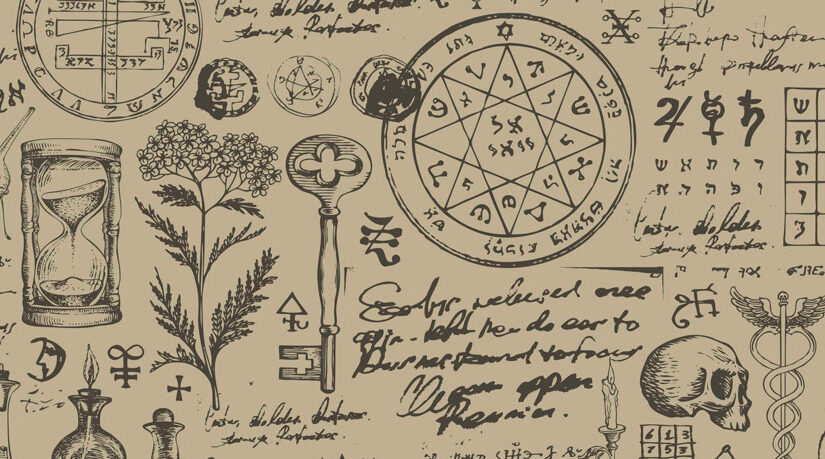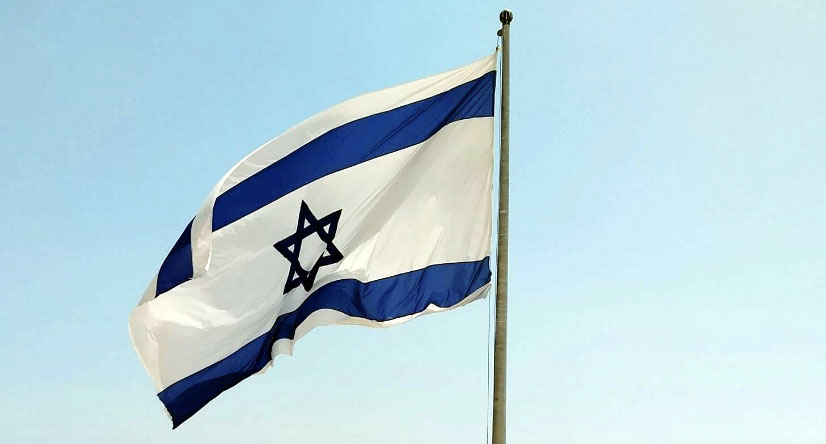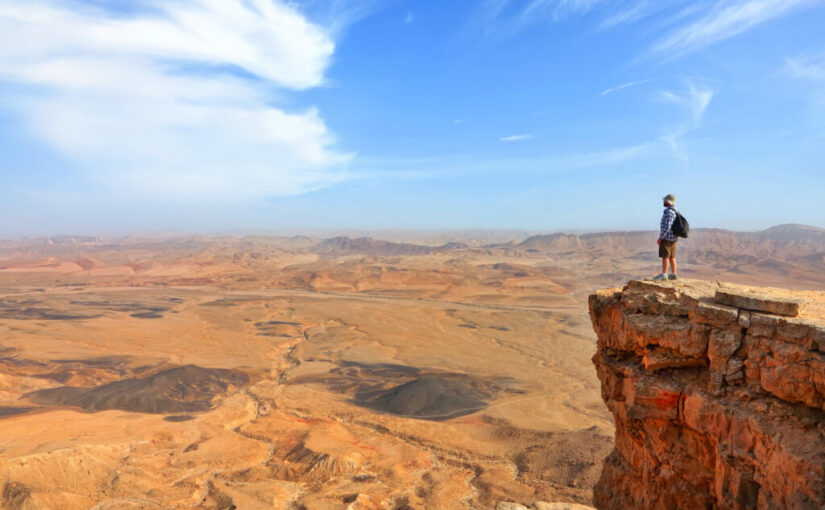After Anatevka: Jewish Theatre Today
Program: Hebrew College Tamid
Instructor: Elliot Lazar (Read Bio)
Dates: 5 Mondays, Spring 2025: 4/21, 4/28, 5/5, 5/12 & 5/19
Time: 7-8:30 p.m. EST
Course fee: $200, financial aid is available
Location: Zoom
Hosted by: Hebrew College
Registration: Click here
“After Anatevka” will explore a wealth of Jewish-themed plays through discussion. Like the 2021 course, “Beyond Fiddler: Jewish Identity in American Theatre” it will have the feel of a moderated, bespoke book club. Each week will explore a different play. Students will be given the opportunity to read or watch the piece in advance of the class, should they choose to. The class will consist of an exploration of the background and legacy of the playwright and work, reading and analyzing excerpts as a group and an open discussion of the piece. Some of the works which will be included are: Tom Stoppard’s Leopoldstadt, which is centered on a largely assimilated wealthy family in Vienna through several decades beginning in the late 19th Century all the way beyond WWII. Joshua Harmon’s Prayer for the French Republic, which follows a French Jewish family as they struggle with their identity due to rising tensions from anti-Semitic attacks. Tadeusz Slobodzianek’s Our Class, the most produced modern Polish play outside of Poland, inspired by the 1941 killing of 1600 Jewish residents of a Polish town, creating a backstory as well as tells us what happened over eight decades to ten classmates, five Catholic Polish and five Jewish Poles who start out as friends in grade school. Stefano Massini’s The Lehman Trilogy, which chronicles the lives of three immigrant brothers from when they arrived in America and founded an investment firm through the collapse of Lehman Brothers in 2008. The Runner, by Christopher Morris, which has become a controversial work in our post-October 7th world, having had two productions canceled in the past year. This award-winning play from Toronto’s Tarragon Theatre follows Jacob, a Z.A.K.A. volunteer. Z.A.K.A is an Orthodox Jewish volunteer force in Israel. They collect the remains of Jews killed in accidents. When Jacob makes the split-second decision to treat a young woman, instead of the soldier she may have killed, his world is changed forever.
For additional information or questions, contact the Hebrew College Tamid Team






